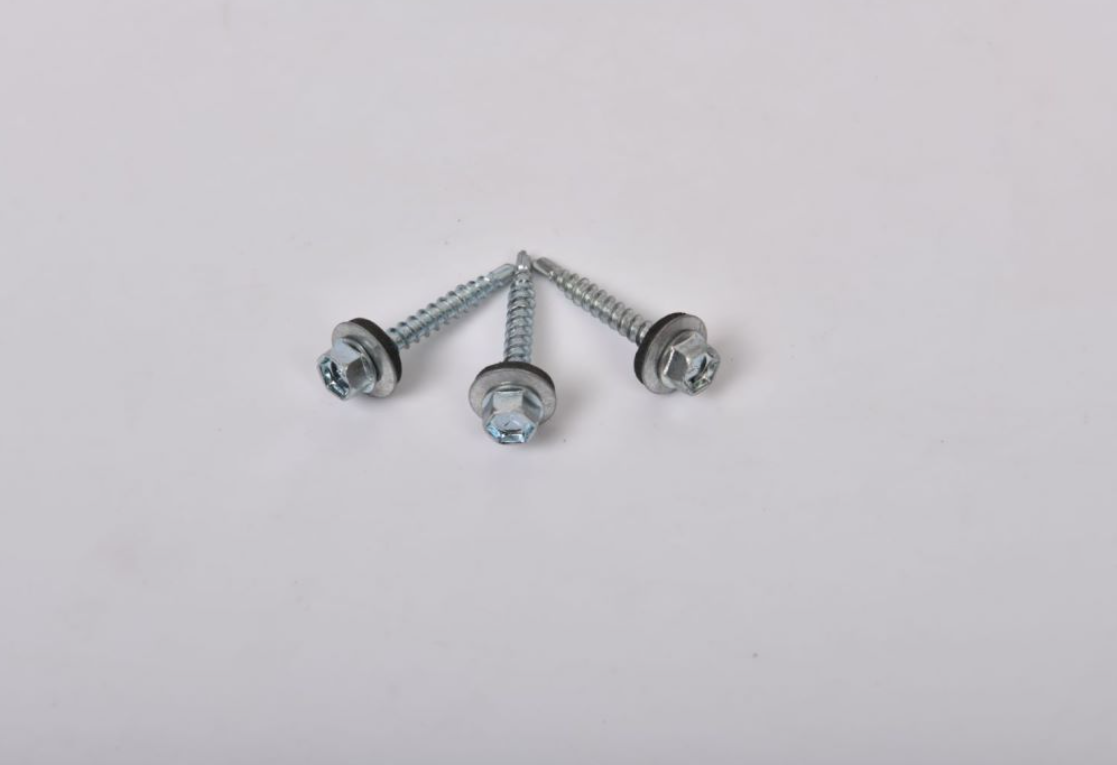Finding Reliable Manufacturers for DIN 125 Flat Washers in the Industry Today
Understanding DIN 125 Flat Washers The Importance of Quality Manufacturing
Flat washers are integral components in various mechanical and construction applications, and DIN 125 flat washers are among the most widely used types in the market. Manufactured to precise European standards, these washers provide a stable base for bolts and screws, helping to distribute load, prevent loosening, and protect the surfaces of materials. Understanding the significance of quality manufacturing in the production of DIN 125 flat washers is essential for any business involved in assembly, construction, or machinery operation.
The Role of Flat Washers
Flat washers serve multiple purposes. By providing a smooth surface for fasteners, they help distribute the load and prevent damage to the materials being fastened. This distribution of load is particularly crucial in applications where high tension or torque is applied. Additionally, they help to increase the bearing surface, ensuring that the fasteners maintain a secure grip. In some cases, washers can also be used to prevent galvanic corrosion or to serve as spacers between components.
Standards and Specifications
DIN 125 flat washers are manufactured in accordance with the Deutsches Institut für Normung e.V. (DIN), which is the German Institute for Standardization. These standards define the dimensions, tolerances, and materials that washers must adhere to, ensuring consistency and reliability in quality. Common materials for DIN 125 flat washers include steel, stainless steel, and sometimes plastic, depending on the application's specific requirements.
The Importance of Quality in Manufacturing
din125 flat washer manufacturer

When it comes to flat washer manufacturers, quality is paramount. High-quality washers help prevent failures in machinery and structural components, which can lead to costly downtimes, repairs, or even hazardous situations. Manufacturers must ensure that their DIN 125 flat washers undergo rigorous testing for dimensions, material strength, and durability. The use of advanced machining techniques and modern manufacturing technology, such as computer numerical control (CNC) machining, can significantly enhance the precision and quality of the washers produced.
Furthermore, when selecting a DIN 125 flat washer manufacturer, it is crucial to consider their certifications and quality assurance processes. Manufacturers adhering to international standards, such as ISO 9001, demonstrate a commitment to maintaining high-quality production practices. This certification ensures that all products are consistently meeting customer and regulatory requirements.
Market Trends and Innovations
As industries evolve and demand for higher efficiency and cost-effectiveness increases, washer manufacturers are also innovating and adapting their production techniques. Advanced coatings and materials are being developed to enhance corrosion resistance and longevity. For example, manufacturers are experimenting with plating techniques or specialized finishes that improve the lifespan of the washer, ultimately reducing the frequency of replacement.
Conclusion
In conclusion, DIN 125 flat washers are vital components in various applications, ensuring the integrity and functionality of mechanical assemblies. Choosing a reliable and quality-focused flat washer manufacturer is essential for any business aiming to enhance its production efficiency and product reliability. By understanding the importance of standardized manufacturing processes and innovative practices, companies can make informed decisions that ultimately lead to better performance and safety in their operations. Investing in high-quality DIN 125 flat washers is not just a choice; it is a necessity in maintaining operational excellence.
-
Top Choices for Plasterboard FixingNewsDec.26,2024
-
The Versatility of Specialty WashersNewsDec.26,2024
-
Secure Your ProjectsNewsDec.26,2024
-
Essential Screws for Chipboard Flooring ProjectsNewsDec.26,2024
-
Choosing the Right Drywall ScrewsNewsDec.26,2024
-
Black Phosphate Screws for Superior PerformanceNewsDec.26,2024
-
The Versatile Choice of Nylon Flat Washers for Your NeedsNewsDec.18,2024










